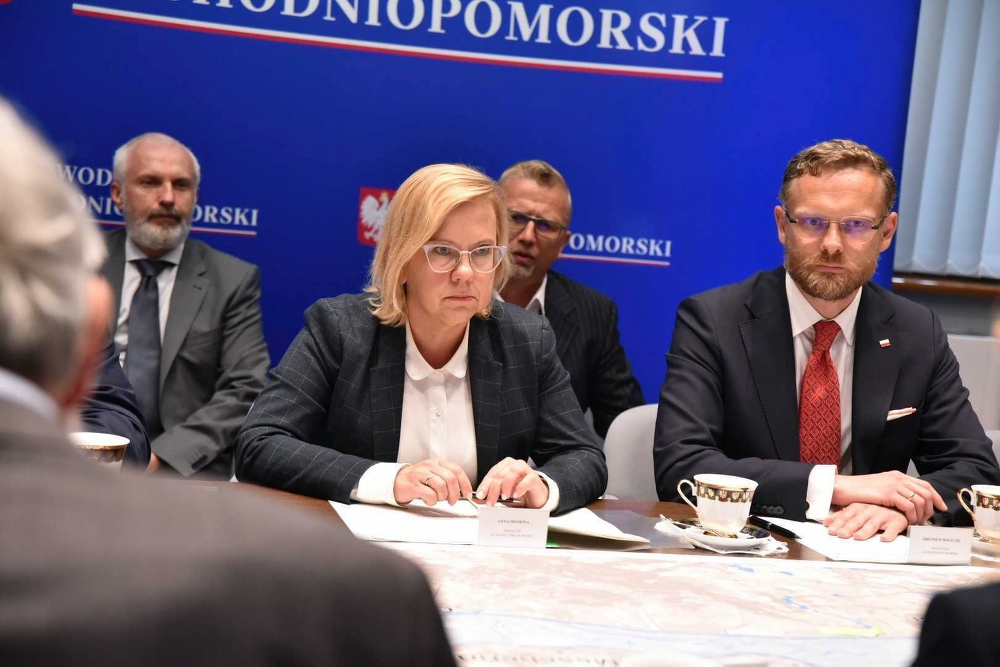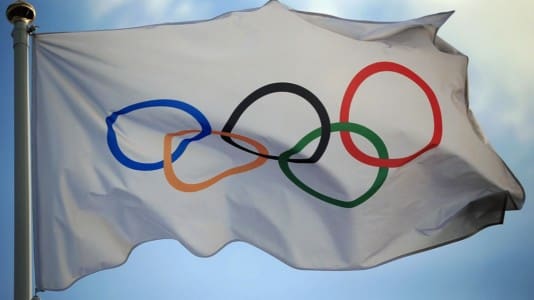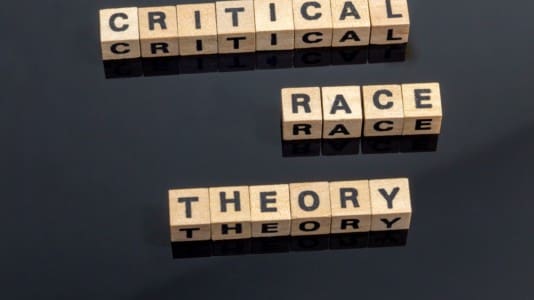Polish Climate and Environment Minister Anna Moskwa has slammed the EU decision-making process, which allowed Germany to have the inside track with the European Commission over the ban on internal combustion engines.
Commenting on the decision to ban internal combustion engines from 2035, despite opposition from Poland and Italy, Moskwa said the last few weeks have been “extraordinary.” According to her, “once again we have a situation where Germany at the last minute tries to overturn a prepared document, not because it opposed the 2035 date, but because it wants to protect the e-fuels they are currently developing from being classified in that engine category.”
In an interview with conservative news outlet wPolityce.pl, Moskwa confirmed that e-fuels have been accepted as a result of the German intervention, and the European Commission has committed itself to producing an additional document taking into account Germany’s wishes. She also recalled that seeing what was going on, Italy tried to have an exclusion for biofuels as well, but this wasn’t accepted.
What was so extraordinary, argued Moskwa, is that the document was ready and had been based on thorough market research and analysis, and then suddenly Germany made its stance conditional on its interests being accepted even though they have certainly not been analyzed or researched.
The absurd situation now, according to the Polish climate minister, is that there are now two documents, one of which states society is prepared for e-fuels in 2035 and the other that says it is not. “So everything, in reality, depends on when Germany is ready,” Moskwa said, adding that this proves the EU decision-making is anything but transparent.
The minister said the document will now be reviewed, which means it could yet undergo radical change. Environmental NGOs believe that synthetic fuel production is costly and is not at all environmentally friendly.
Moskwa agreed that this is hypocritical, and argued that either the EU is preparing an energy transformation for the climate as the Commission’s Vice-President Frans Timmermans says, or it is preparing documents on the technologies on the different markets. The second option appears to be currently winning, and Germany has apparently decided it can get e-fuels onto the market faster than its electro-mobility.
Even though Moskwa admitted that at least the German gambit has saved the internal combustion engines from extinction, it was only so that people would be forced to use German-produced synthetic fuels. Even if Poland now engages in their production, she felt that the whole episode confirmed how “absurd the decision-making process in the EU is” and how instead of proper market analysis, we have strong member states railroading their interests by running roughshod over others.






